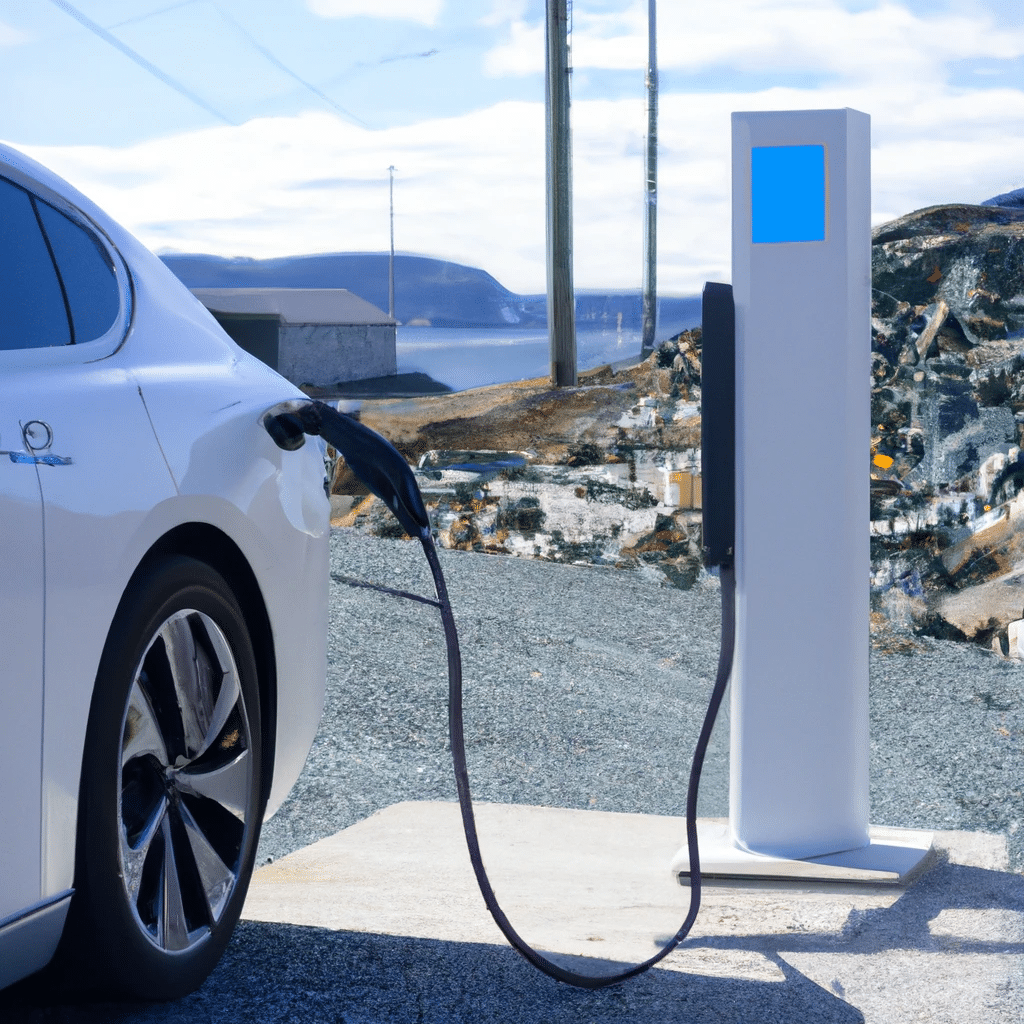
Owning an electric vehicle (EV) offers numerous benefits, such as reduced emissions and lower fuel costs. However, it is important for potential EV owners to be aware of the associated risks and considerations. One significant aspect to consider is the impact on auto insurance. While EVs generally require less maintenance and have fewer mechanical components than traditional gasoline-powered cars. However, their advanced technology and expensive battery systems can lead to higher repair costs in case of accidents or damages.
While the government doesn’t collect data on the number of electric vehicle (EV) fires, there’s one thing all industry specialists seem to agree on When an EV catches fire, it’s much more difficult to extinguish than traditional vehicle fires. That’s because an EV’s lithium-ion battery holds a lot of concentrated energy, with each cell containing a flammable electrolyte. And it burns very hot.
A malfunction in one of the cells can cause “thermal runaway,” according to the website How-To Geek. UL Research Institutes describes thermal runaway as “a phenomenon in which the lithium-ion cell enters an uncontrollable, self-heating state,” possibly resulting in smoke, fire, extremely high temperatures and the violent ejection of gas, shrapnel or particles.
The primary causes of EV fires include:
- Manufacturing defects
- Wear and tear
- Accidents
- Extended exposure to water
Problems with home and commercially available charging stations can also cause fires.
One of the complications of EV and hybrid vehicle fires is the incapacity of many fire departments to deal with the blaze. Suppressing an EV fire requires thousands of gallons of water, much more than a typical pumper truck carries. Additionally, water may cause gases in the vehicle to explode; even foam containing water can have this effect.
Because of these factors and the safety precautions firefighters must take, extinguishing an EV fire can be a long process. Furthermore, significant damage to garages, attached homes, and nearby structures and vehicles is typical.
Steps You Can Take
Because of the extreme damage, EV fires can cause, some parking garages restrict the areas where owners can park their hybrid and electric cars.
If you own an EV, purchase a fire extinguisher to put out an EV blaze. Look for a label that says the product works on cars and indicates it’s suitable for electrically charged material. You can have one in your home and one in your vehicle. You should know how to operate the extinguisher before you need it.
Servicing your EV and keeping the battery in good shape are imperative, as are staying abreast of recalls and getting repairs done as soon as possible. For example, one of GM’s EVs had a defect that could cause battery cell packs to ignite. GM advised owners of the EV not to park inside structures until the repair was made.
When charging the vehicle, follow the manufacturer’s instructions. You may need to upgrade the wiring in your home or have an electrician install a dedicated circuit for the charging outlet.
The charging device you use is also essential. Look for a label from Underwriters Laboratories (UL) or another recognized testing laboratory. Consider installing a residual-current device or ground-fault circuit interrupter with the charging unit. This device will automatically turn off the power if a fault is detected.
As with all electrical chargers, replace the unit when worn or damaged and don’t use it in wet conditions except as permitted under the manufacturer’s guidelines. Do not use multiplug adapters or extension cords.
Defensive, alert driving is critical when operating an EV because the car is virtually silent. Pedestrians often cross streets with their eyes on their phones, relying on their hearing to alert them to oncoming traffic.
Insurance Issues Presented by Electric Vehicles
Insurance losses may be higher with EVs because their batteries and components are more expensive. GreenCars, an EV information and advocacy company, says a replacement battery runs between $2,500 and $20,000, depending on the make and model of the vehicle (2023 info). This means an accident that destroys the battery could result in a declaration of total loss for the car simply due to the outsized cost of that one component.
Moreover, labour to repair EVs is often more expensive due to the specialized training mechanics must have. That said, insurance costs may be counterbalanced by fuel savings. And some insurers offer discounts for safe driver data-sharing programs.
Since EVs have faster acceleration and different handling than combustion engine cars, they may take some getting used to. Any drivers using your EV should practice until they are familiar with starting from a stop, coming to a stop, changing lanes and turning corners.
By practicing smart charging, scheduled maintenance and safe driving, you can avoid fires and accidents and enjoy a smooth ride for years.
About Wedgwood Insurance
Wedgwood Insurance has offices in St. John’s & Corner Brook and is Newfoundland & Labrador’s largest independent insurance broker. We provide straightforward home, auto & business insurance advice.
With over 245 Google My Business reviews, experience the Wedgwood difference with expert advice from our dedicated team. We ensure that every client has the coverage that best suits their needs through upfront complimentary consultations and midterm reviews.
Contact Us






